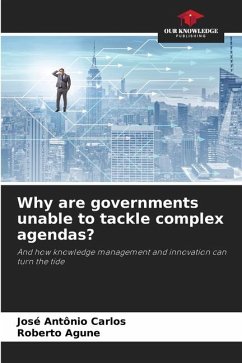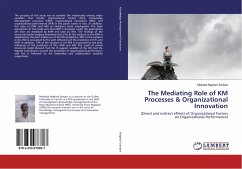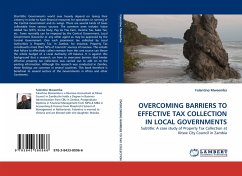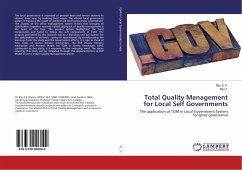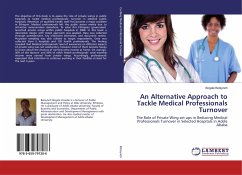If corruption in the public sector were to be stopped tomorrow, as we would like, a significant volume of public resources would still continue to flow down the drain. This is because the overwhelming majority of governments still use methods, techniques and paradigms that are totally outdated by the dynamics of today's social, cultural, political, economic and technological transformations. Stopping this bleeding requires new formats that re-qualify the understanding of what public service is, engaging in this effort any and all segments that, even if they don't formally belong to the public sector, can contribute to its airing and improvement. In order to make progress in this effort, it will also be essential to see innovation not just as a technical issue, discussed in academia or research centers, but as a value in itself, to be pursued by everyone who aspires to a more prosperous and inclusive country. A willingness to listen, humility to change and an interest in collaborating are all slogans that must be brought to the table to replace the usual "no way". The 4 texts in this book show the authors' vision of how we can get there. Difficult? Yes, but inevitable.
Bitte wählen Sie Ihr Anliegen aus.
Rechnungen
Retourenschein anfordern
Bestellstatus
Storno

